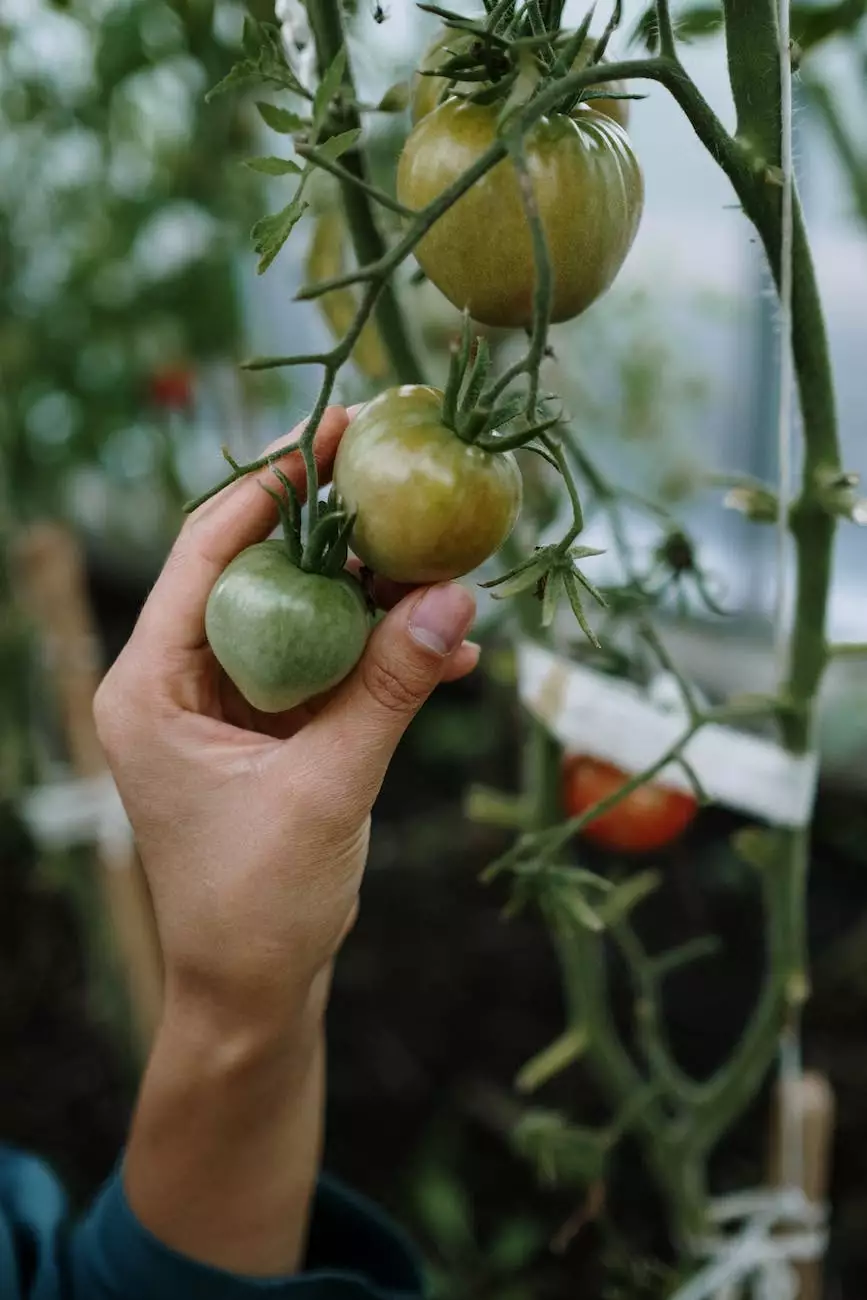Organic vs. Non-Organic: What You Need To Know

Introduction
Welcome to the comprehensive guide on understanding the difference between organic and non-organic products. In this article, we will explore the impact of organic and non-organic choices on your health and well-being. With the expert insights from Mary Jo Giagiari, D.C., you'll gain a deeper understanding of the choices you make and their potential effects on your body.
The Definition
Organic products are those that are grown and produced without the use of synthetic pesticides, fertilizers, or genetically modified organisms (GMOs). They adhere to strict guidelines set by regulatory bodies to ensure their organic status. On the other hand, non-organic products may involve the use of synthetic chemicals and GMOs during cultivation and production.
Health Benefits of Organic
Choosing organic foods and products can have numerous health benefits. Organic produce is known to be higher in essential nutrients, including vitamins, minerals, and antioxidants. These nutrients are essential for maintaining optimal health and supporting your body's natural functions. Additionally, organic farming practices eliminate the use of harmful pesticides and herbicides, which can reduce your exposure to potentially toxic chemicals.
Reduced Risk of Chemical Exposure
By opting for organic choices, you can minimize your exposure to synthetic chemicals commonly found in non-organic products. Many synthetic pesticides and herbicides have been linked to various health issues, including hormone disruption, neurological disorders, and even certain types of cancer. Choosing organic can help you reduce your overall chemical load, contributing to a healthier and more balanced lifestyle.
Supports Sustainable Agriculture
Organic farming practices promote sustainability by focusing on techniques that conserve water, soil, and energy. These practices reduce the negative impact on the environment, helping to preserve ecosystems and protect biodiversity. By supporting organic agriculture, you contribute to a more sustainable future for generations to come.
Non-Organic Concerns
While non-organic products may offer convenience and affordability, there are several concerns associated with their use. The use of synthetic pesticides and fertilizers can have detrimental effects on both human health and the environment. Additionally, genetically modified organisms (GMOs) may pose potential risks that are yet to be fully understood.
Pesticide Residue
Non-organic produce often contains pesticide residues, even after washing. Regular exposure to these residues may contribute to long-term health issues. It is important to consider the potential risks when making choices for yourself and your family's well-being.
Environmental Impact
The use of synthetic chemicals in non-organic farming practices can lead to soil degradation, water pollution, and harm to beneficial insects, birds, and other wildlife. Non-organic choices contribute to the weakening of ecosystems and biodiversity, impacting the overall health of our planet.
Making Informed Choices
The decision between organic and non-organic ultimately depends on your personal values, budget, and health priorities. It's important to consider the factors discussed and make an informed choice that aligns with your overall well-being.
Choosing Organic
If you prioritize health, sustainability, and minimizing chemical exposure, incorporating organic products into your lifestyle is a wise decision. Opt for organic fruits, vegetables, grains, dairy products, and meats whenever possible. Look for certifications such as USDA Organic to ensure the authenticity of the products.
Transitioning Gradually
If transitioning entirely to organic seems challenging, you can start by gradually incorporating organic choices into your diet and daily routine. Prioritize the "Dirty Dozen" list of produce known to have the highest pesticide residues, and consider growing your own organic herbs and vegetables at home.
Conclusion
Choosing between organic and non-organic products is a personal decision that can have an impact on your health and the environment. By understanding the differences and considering the benefits of organic choices, you are empowering yourself to make informed decisions that align with your values and well-being. Mary Jo Giagiari, D.C., is dedicated to providing expert guidance and helping you navigate the complexities of organic versus non-organic options for a healthier and more sustainable lifestyle.
Remember, your health is your most valuable asset, and by making conscious choices, you have the power to optimize your well-being. Choose wisely, be informed, and consider the long-term effects of your choices for a better tomorrow.










